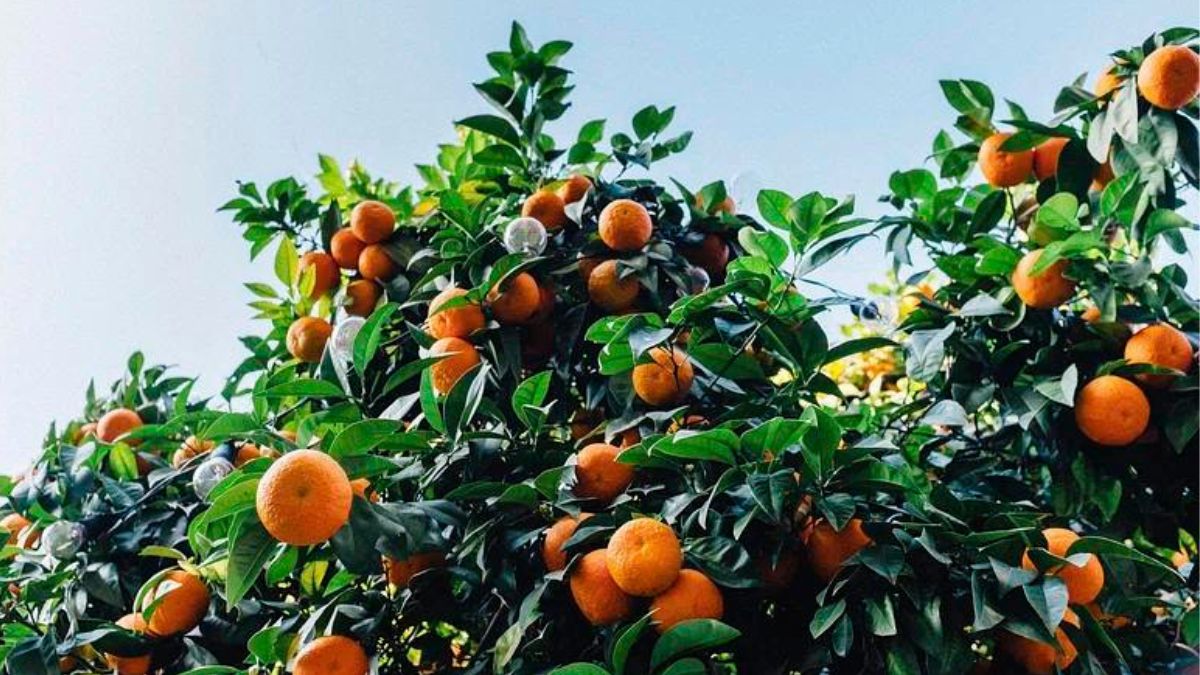Nestled amid the lush greenery of Manipur, lies the quaint village of Dailong, known for its unique and vibrant ecosystem. Dailong village is one of India’s 12 Biodiversity Heritage Sites. Biodiversity sites exhibit diverse biological and ethnic traits. They have significant historical value and are a fragile environment by nature. One of the hidden treasures within this village is the Indian Wild Orange, scientifically known as Citrus Indica.
A Cultural & Agricultural Marvel From Manipur
Dailong village, surrounded by hills and dense forests, provides an ideal habitat for the Indian Wild Orange. This citrus species is native to the northeastern regions of India and thrives in the subtropical climate, with the village’s geographical location playing a pivotal role in its growth. The unique topography of Manipur, coupled with the village’s elevation, contributes to the biodiversity that sustains this precious fruit. The species is known as Biurengthai locally. The species, which was once common, is now in danger of going extinct due to forest degradation.
The Indian Wild Orange, with its distinctive flavour and aroma, stands out among its cultivated counterparts. The fruit is characterized by its small size, rough texture, and vibrant orange hue that reflects the biodiversity of the region. For generations, the fruit has been an integral part of the local cuisine, religious rituals, and traditional medicines. The people of Dailong have developed a profound connection with the Indian Wild Orange, incorporating it into their daily lives in multifaceted ways.
Also Read: Randeep Hooda & Lin Laishram Visit Manipur’s Ibudhou Marjing Temple; Here’s Why You Should Too
All For The Conservation
Researchers claim that the wild orange found in India is the world’s most primitive ancestor of all domesticated citrus fruits. We now know that the Longku forest in Dailong village is home to a variety of plant and animal species because of studies conducted by Dr R.K. Birjit Singh of the Centre for Conservation of Nature & Cultivation of Science (CCNCS), Manipur.
The Indian Wild Orange faces various challenges that threaten its existence in the modern era. The encroachment of human settlements, deforestation, and changing climatic patterns pose significant threats to the natural habitat of this citrus species. Additionally, the lack of awareness and market access limits the economic potential of Indian Wild Orange cultivation for the villagers.
Its existence reflects the intricate connections between the people of Dailong and their environment, emphasizing the importance of preserving traditional knowledge and ecological balance. As we navigate the complexities of modernity, it becomes imperative to appreciate and safeguard the treasures of biodiversity that not only enhance our culinary experiences but also contribute to the cultural tapestry of our world.
Manipur’s pride and delight are the Indian wild oranges, and they merit greater recognition.
Cover image credits: Representational image, Pexels
For more such snackable content, interesting discoveries and the latest updates on food, travel and experiences in your city, download the Curly Tales App. Download HERE.
Good news! We are on WhatsApp! Subscribe to Curly Tales WhatsApp Channel to stay up-to-date with exclusive content and BTS. Join HERE.

